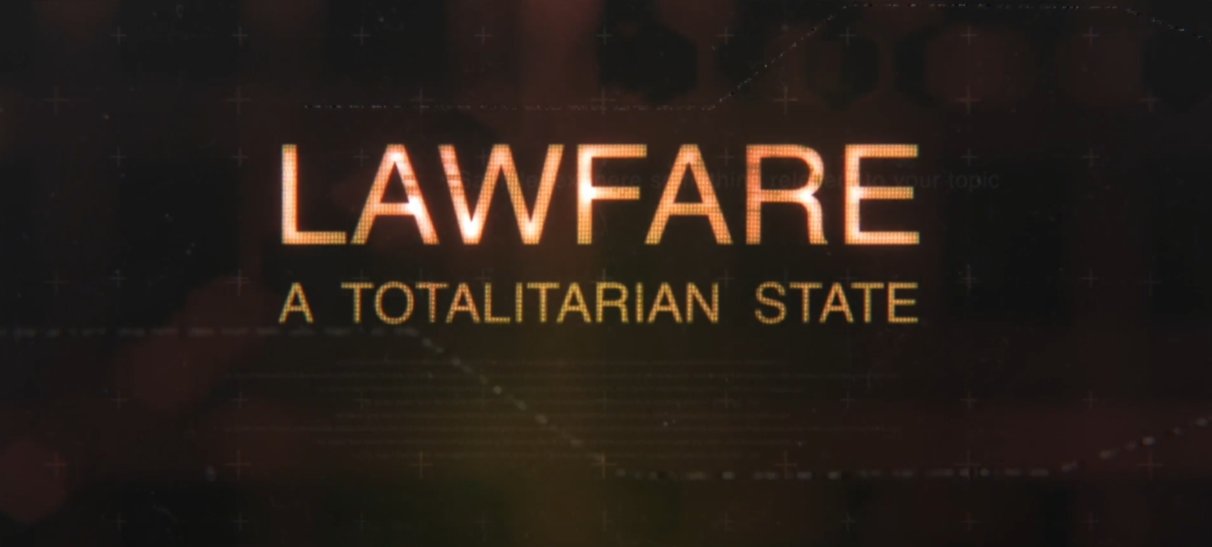In the medieval world, impoverished serfs pledged loyalty to barons in exchange for their food and housing on the manor. In the modern world, progressive government is the bastion that distributes entitlements on the expectation that the masses show their political fealty at election time.

Pessimists often compare today’s troubled America to a tottering late Rome or an insolvent and descending British Empire. But medieval Europe (roughly A.D. 500 to 1450) is the more apt comparison.
The medieval world was a nearly 1,000-year period of spectacular, if haphazard, human achievement — along with endemic insecurity, superstition and two, rather than three, classes.
The great medieval universities — at Bologna, Paris and Oxford — continued to make strides in science. They were not unlike the medical and engineering schools at Harvard and Stanford. But they were not centers of free thinking.
Instead, medieval speech codes were designed to ensure that no one questioned the authority of church doctrine. Culturally or politically incorrect literature of the classical past, from Aristophanes to Petronius, was censored as either subversive or hurtful.
Career-wise, it was suicidal for, say, a medieval professor of science at the University of Padua to doubt the orthodoxy that the sun revolved around the earth.
Similarly, at Berkeley or Princeton, few now dare to commit the heresy of expressing uncertainty about whether man-caused global warming poses an immediate, existential threat to human civilization.
[…]















